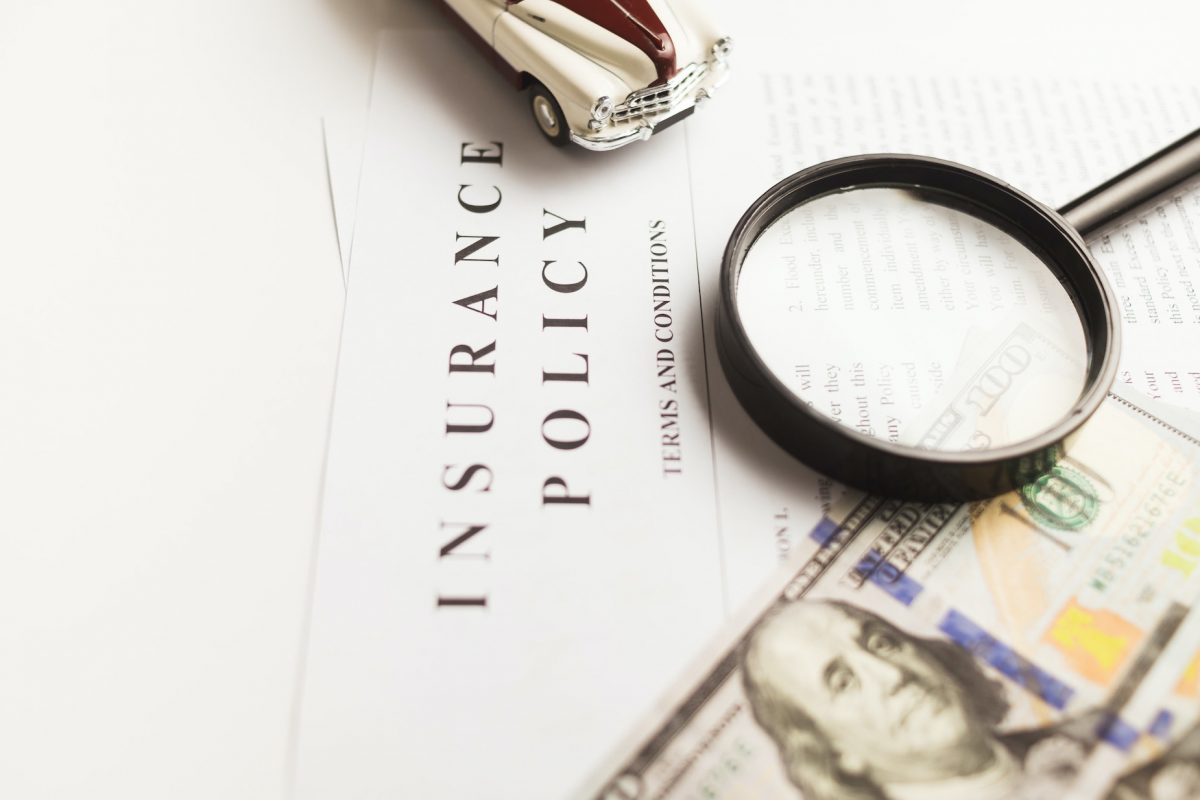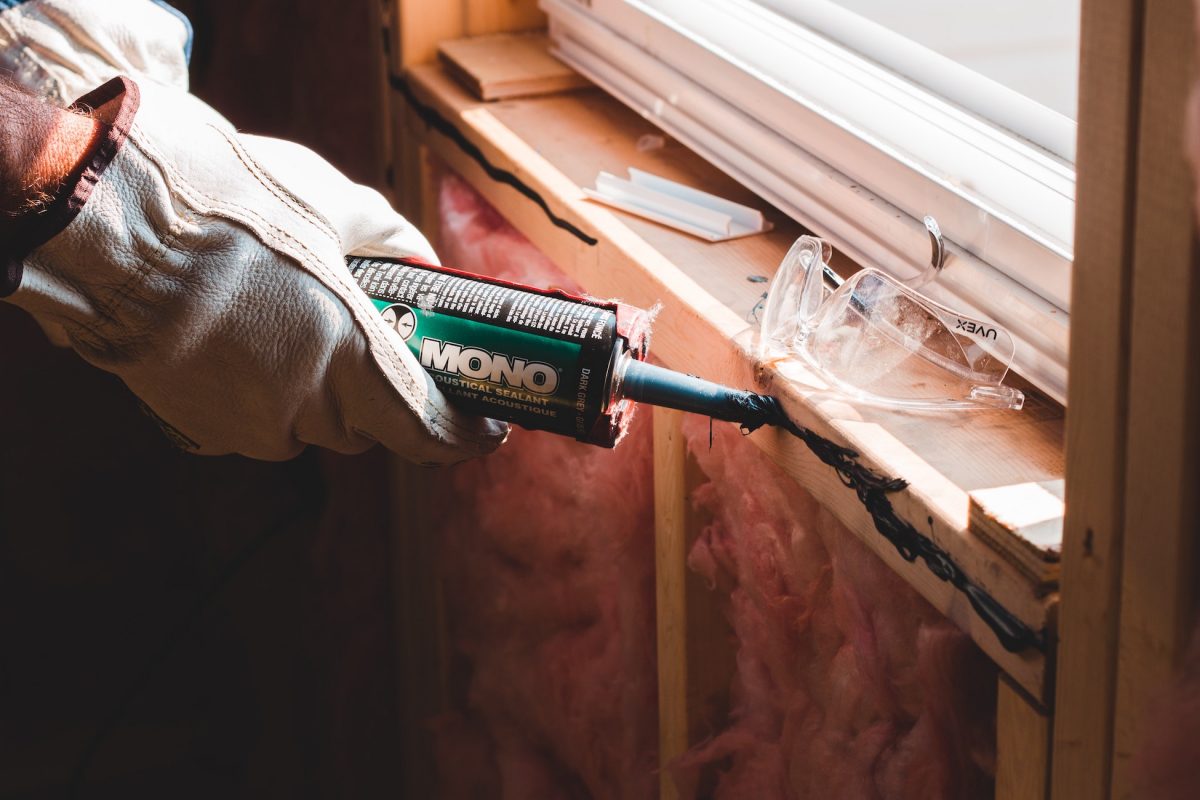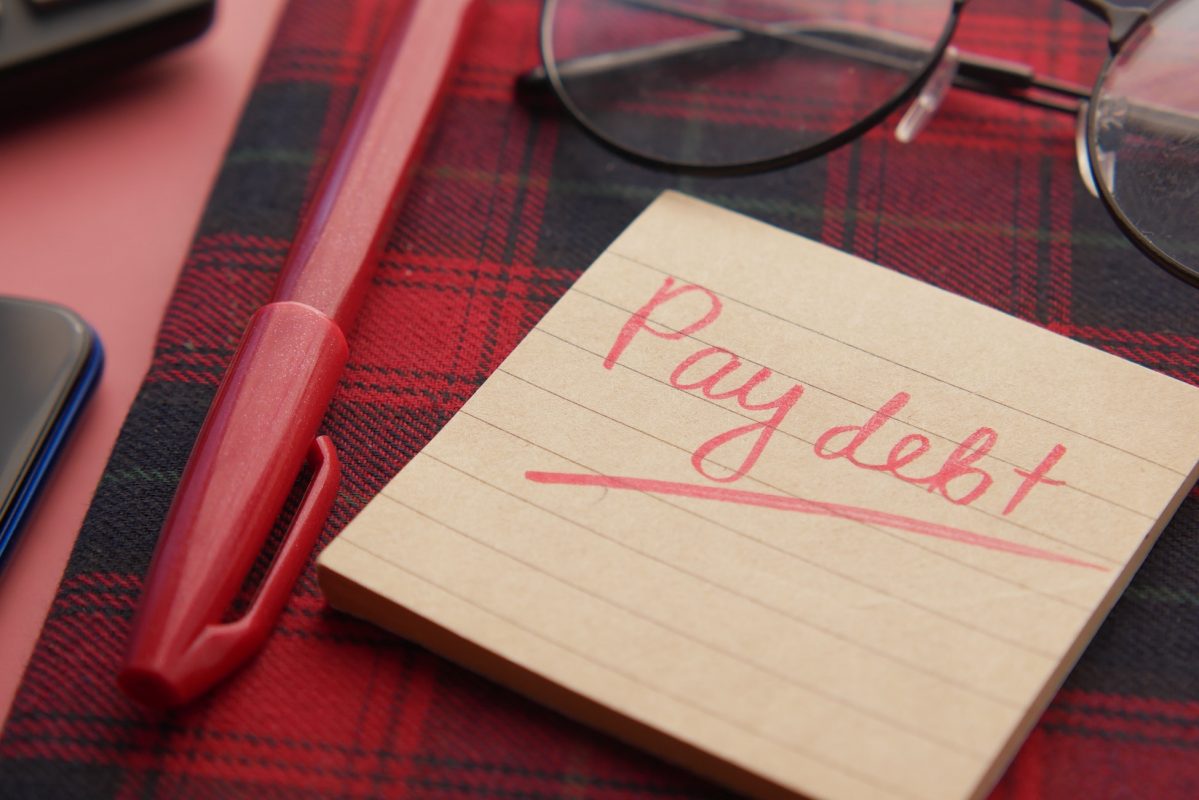If you're struggling to pay off your credit card debts, you may be considering consolidation. This can be a great way to simplify your payments and get out of debt faster, but it's important to do it the right way so you don't hurt your credit score. In this guide, we'll walk you through the steps of consolidating your debt without damaging your credit history. Follow these tips and you'll be on your way to a brighter financial future!
Quick Links to Useful Sections
How to Consolidate Credit Card Debt Without Hurting Your Credit Table of Contents
How to Consolidate Credit Card Debt Without Hurting Your Credit Table of Contents
What is Credit Card Debt Consolidation?
How to Consolidate Credit Card Debt Without Hurting Your Credit
What is Credit Card Refinancing?
What Are Some Alternatives to Credit Card Debt Consolidation?
If I Consolidate My Credit Cards Will It Affect My Credit Score?
What Is the Best Way to Consolidate Credit Card Debt?
Can I Still Use My Credit Card After Debt Consolidation?
How to Consolidate Credit Card Debt Without Hurting Your Credit Table of Contents
What is Credit Card Debt Consolidation?
How to Consolidate Credit Card Debt Without Hurting Your Credit
What is Credit Card Refinancing?
What Are Some Alternatives to Credit Card Debt Consolidation?
If I Consolidate My Credit Cards Will It Affect My Credit Score?
What Is the Best Way to Consolidate Credit Card Debt?
Can I Still Use My Credit Card After Debt Consolidation?
Does Debt Consolidation Affect Buying a Home?
Do You Need Good Credit to Consolidate Debt?
What is Credit Card Debt Consolidation?
Credit card debt consolidation is the process of taking out a new loan to pay off multiple credit cards. This can be done with a personal loan from a bank or through a balance transfer credit card. The goal of consolidation is to get a lower interest rate and monthly payment, so you can pay off your debt faster.
There are several ways to consolidate credit card debt, but not all of them are created equal. Some methods will actually end up hurting your credit score in the long run. That's why it's important to choose the right method for consolidating your credit card debt, so you can get out of debt without damaging your credit.
How to Consolidate Credit Card Debt Without Hurting Your Credit
If you're struggling with credit card debt, you're not alone. In fact, according to a recent report from the Federal Reserve, Americans now have more credit card debt than ever before.
The good news is that there are ways to consolidate your credit card debt without hurting your credit. Here's how:
- First, consider transferring your balance to a low-interest credit card. This can help you save on interest and make it easier to pay off your debt.
- You can also consolidate your credit card debt with a personal loan. This can be a good option if you have good credit and can qualify for a low-interest rate. Just be sure to shop around and compare rates before you apply.
- Another option is to enroll in a debt management program. These programs can help you get your debt under control and make payments more manageable. Just be sure to research any program you're considering carefully before enrolling.
No matter which option you choose, consolidating your credit card debt can help you save money and get out of debt faster. Just be sure to do your research and compare your options before making a decision. And if you're not sure where to start, we can help.
What is Credit Card Refinancing?
Credit card refinancing is when you transfer your credit card debt from one or more high-interest rate cards to a new card with a lower interest rate. This can save you money on interest and help you pay down your debt faster.
There are a few things to consider before you refinance your credit card debt, such as:
- How much debt do you have?
- What is the interest rate on your current cards?
- What is the balance transfer fee on the new card?
- What is the interest rate on the new card?
The best way to consolidate credit card debt without hurting your credit is to find a balance transfer credit card with 0% APR for 12 to 18 months. This will give you time to pay down your debt without accruing any new interest.
Be sure to make your payments on time and in full each month to avoid damaging your credit score. If you're struggling to make your payments, contact your credit card issuer to discuss payment options.
What Are Some Alternatives to Credit Card Debt Consolidation?
There are a few alternatives to credit card debt consolidation that you can consider if you're not sure that it's the right option for you. One alternative is to simply continue making minimum payments on your credit cards until the balances are paid off. This method will take longer to pay off your debt, but it won't have any negative impact on your credit score.
Another alternative is to transfer the balance of your high-interest credit cards to a low-interest card. This can help you save money on interest charges and make it easier to pay off your debt. However, be sure to read the fine print before transferring any balances, as some cards come with fees or other penalties that could offset any savings.
If you're struggling to make payments on your credit card debt, you may also want to consider talking to a credit counselor. A credit counselor can help you create a budget and come up with a plan to pay off your debt. Credit counseling services are typically offered for free or for a low fee, and they can be a great resource if you're struggling to get out of debt.
No matter what route you decide to take, it's important that you take action to get out of credit card debt. If you continue making only the minimum payments, it will take years (and potentially decades) to pay off your debt. And the longer it takes you to pay off your debt, the more interest you'll end up paying in the long run.
If I Consolidate My Credit Cards Will It Affect My Credit Score?
One of the biggest concerns people have when considering consolidating their credit card debt is how it will affect their credit score.
The good news is, as long as you make your payments on time and in full each month, consolidation should have little to no effect on your credit score.
In fact, consolidating your credit card debt could even help improve your score by reducing the amount of debt you owe and increasing your credit utilization ratio.
Another common concern is that consolidation will close all of your existing credit cards. While this is true, it doesn’t mean that your credit score will take a hit. As long as you keep one or two of your old cards open and active, you should be able to maintain a healthy credit score.
So, if you’re struggling to keep up with multiple credit card payments each month, consolidation could be a great option for you. Just be sure to do your research and choose a reputable consolidation company before making any decisions.
What Is the Best Way to Consolidate Credit Card Debt?
There are a few different ways that you can go about consolidating your credit card debt, and the best option for you will depend on your individual circumstances.
One popular method is to take out a personal loan from a bank or credit union. You can use the loan to pay off all of your credit cards, and then you'll just have one monthly payment to make.
Another option is to get a balance transfer credit card. With this type of card, you can transfer all of your credit card balances over to the new card and then pay off the debt over time with 0% interest.
And finally, another option is to work with a debt consolidation company. These companies will work with you to come up with a plan to consolidate your debt and get it paid off.
Can I Still Use My Credit Card After Debt Consolidation?
One of the most common questions we get asked is whether or not you can still use your credit card after consolidating your debt. The answer is yes! In fact, using your credit card responsibly is one of the best ways to improve your credit score after consolidating your debt.
Here are a few tips on how to use your credit card wisely after consolidating your debt:
- Only charge what you can afford to pay off each month.
- Pay more than the minimum payment each month.
- Use your credit card for everyday purchases and pay it off in full each month.
- Keep your credit utilization low by only using a small portion of your available credit limit.
Does Debt Consolidation Affect Buying a Home?
No, debt consolidation will not have an effect on your ability to buy a home. In fact, it may even improve your chances of being approved for a mortgage. This is because consolidating your debts shows lenders that you're taking steps to manage your finances responsibly. As long as you don't increase your overall debt load after consolidating, you should be in good shape when it comes time to apply for a home loan.
Do You Need Good Credit to Consolidate Debt?
Not necessarily. While having good credit can make it easier to qualify for a debt consolidation loan, there are options available for people with less-than-perfect credit. However, you may end up paying more in interest if your credit isn't excellent. This is why it's always a good idea to work on improving your credit score before consolidation. That way, you can get the best possible terms on your loan.













